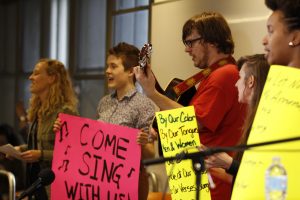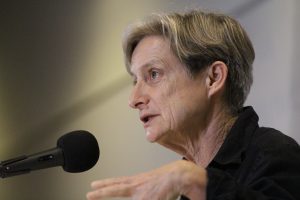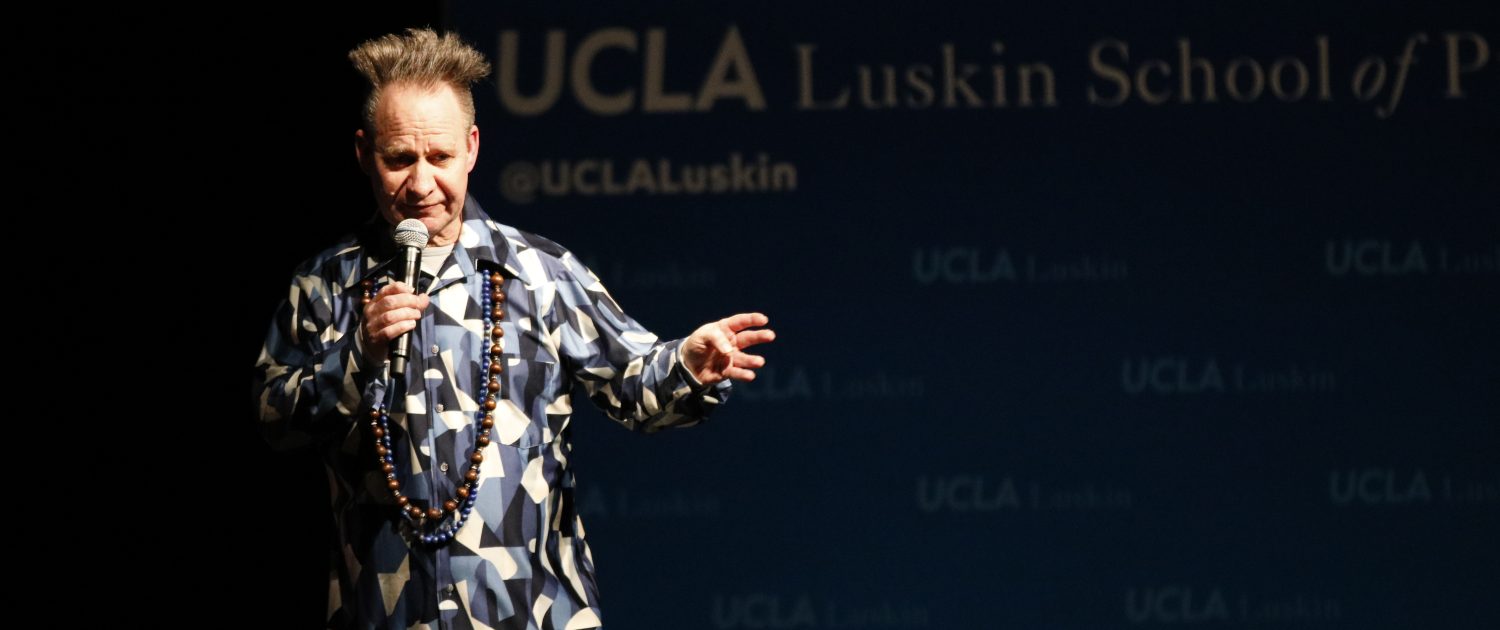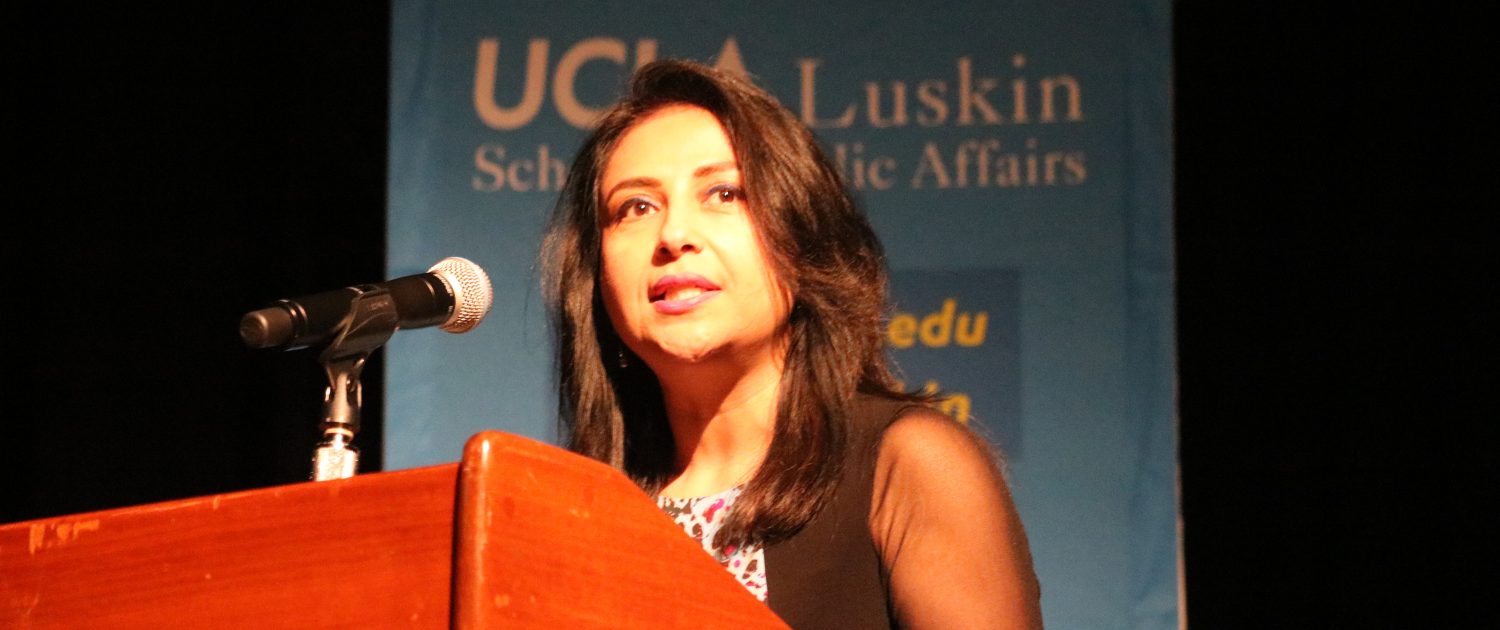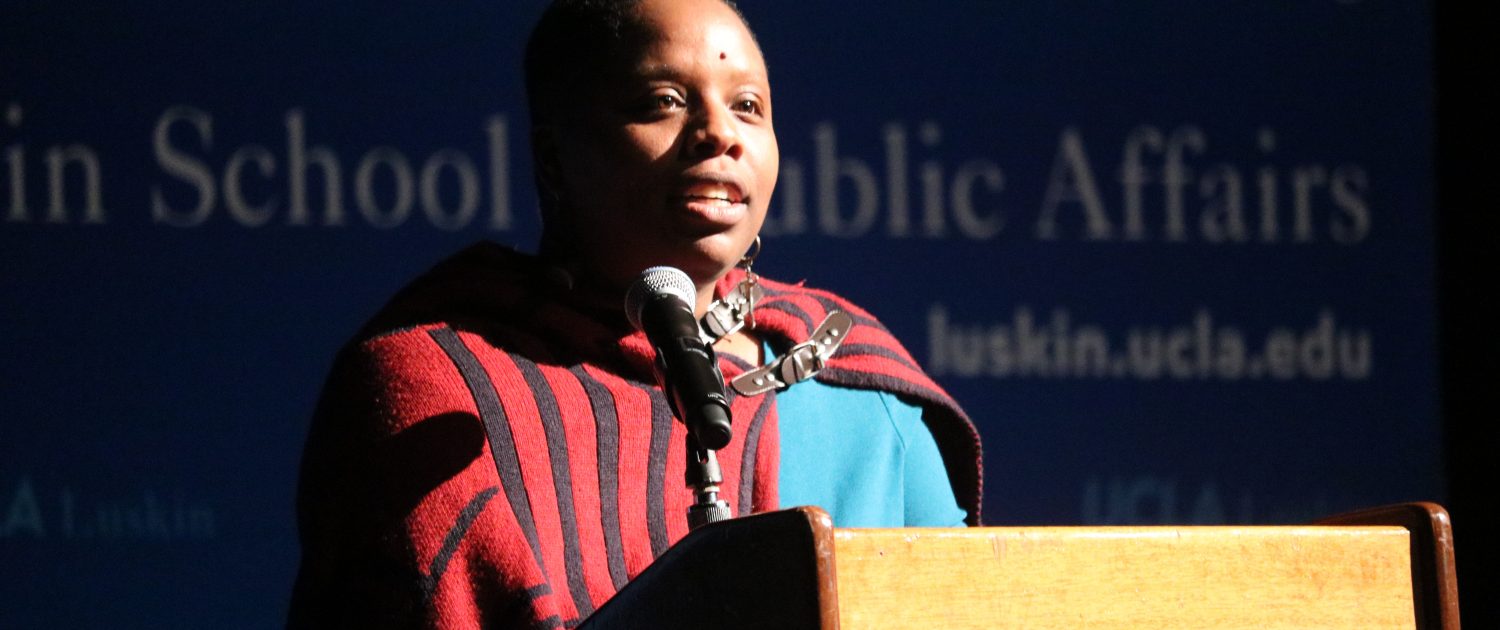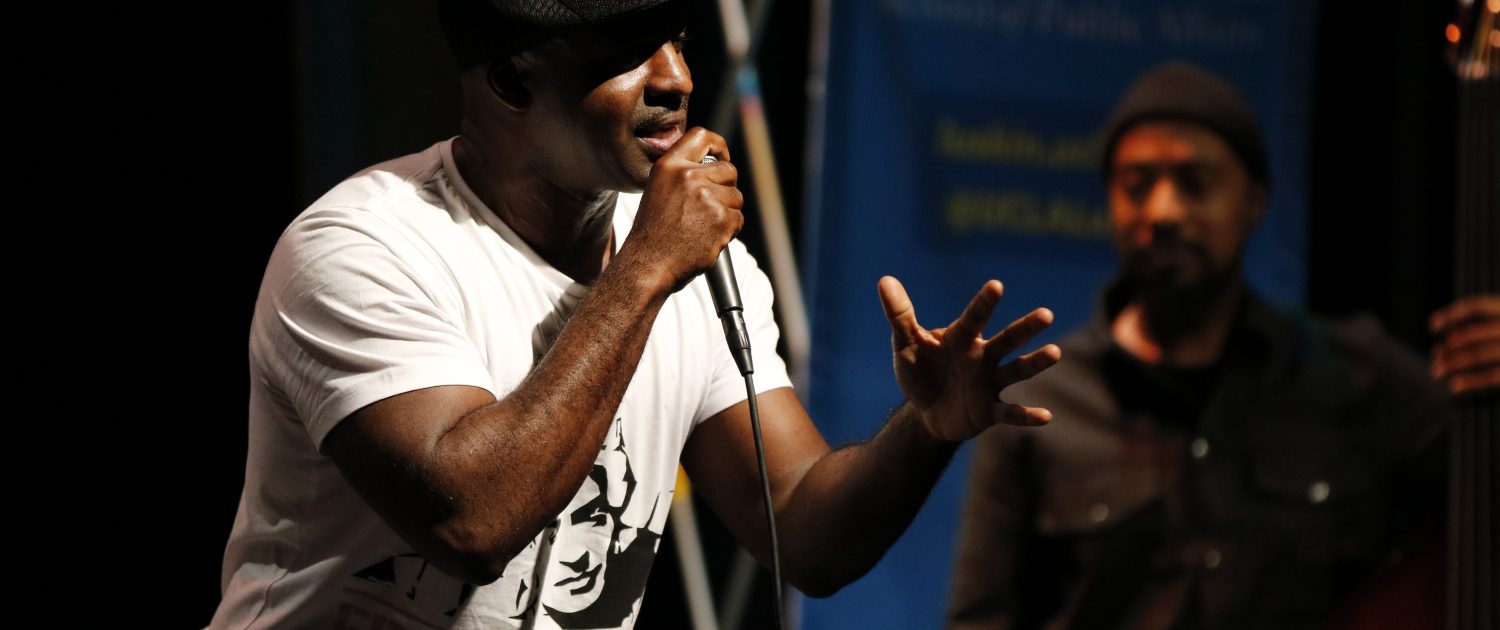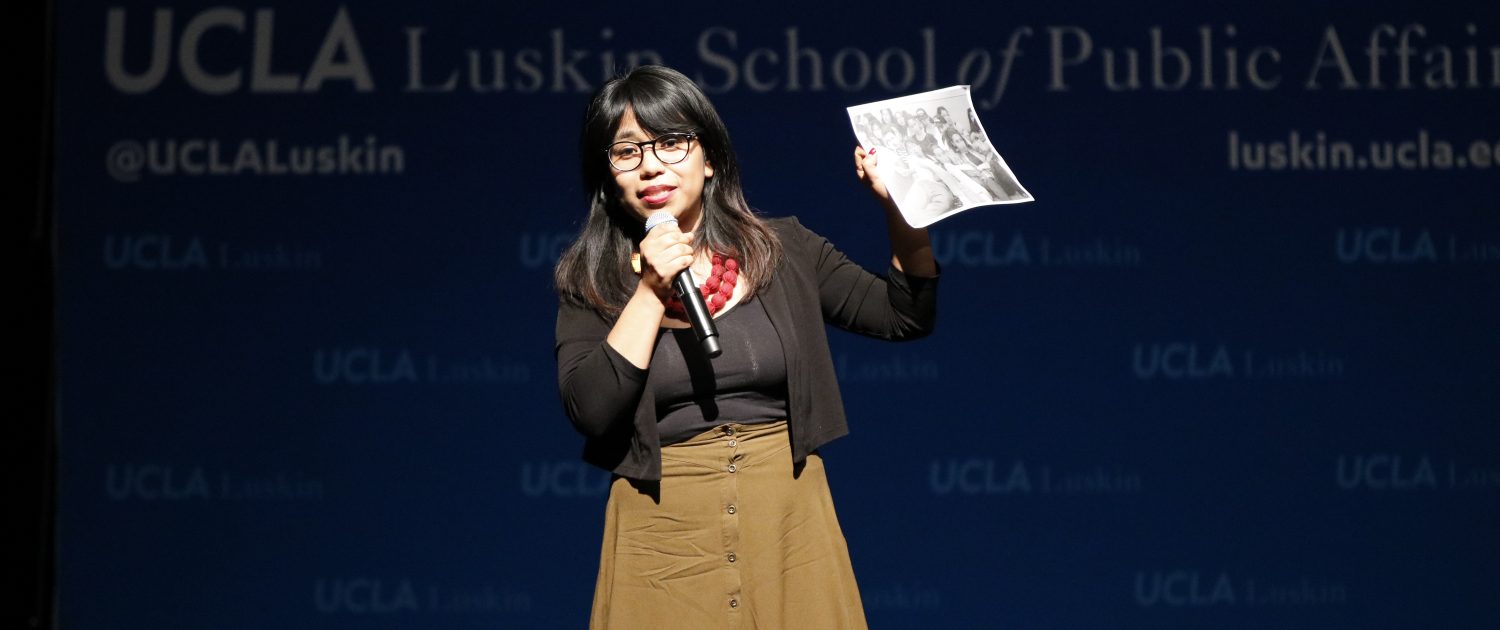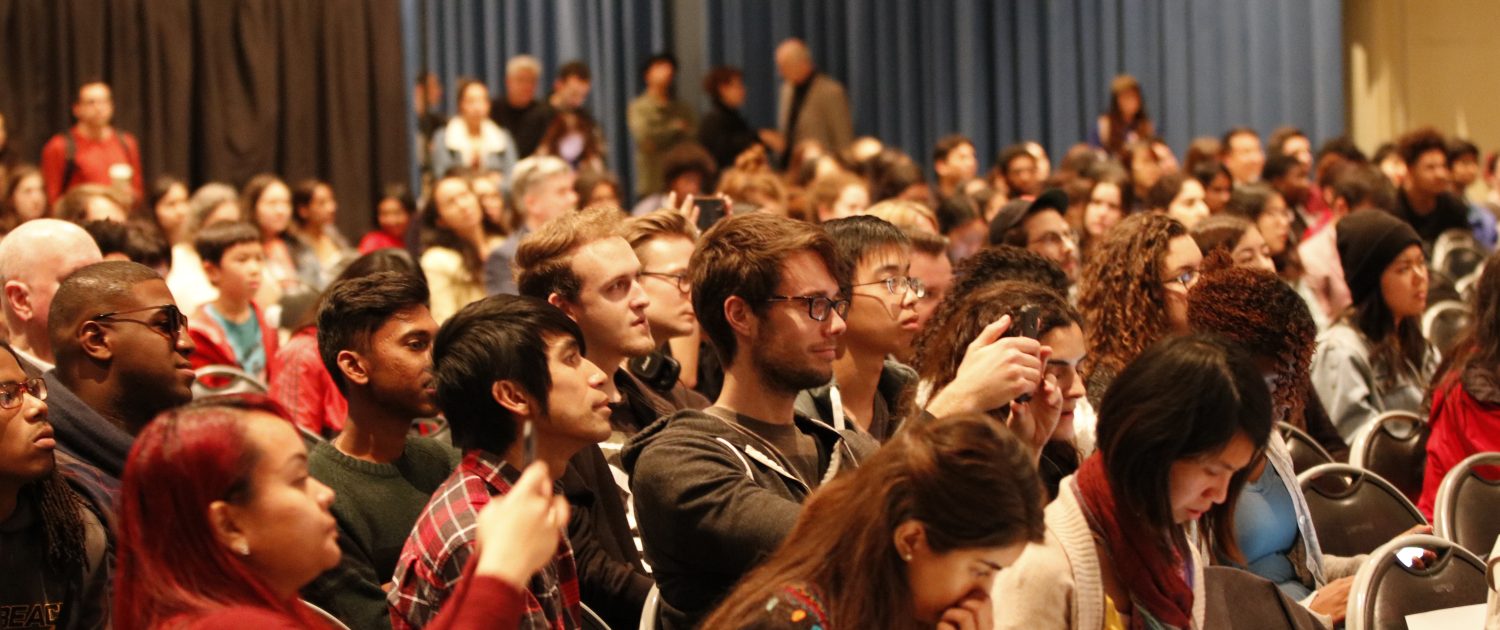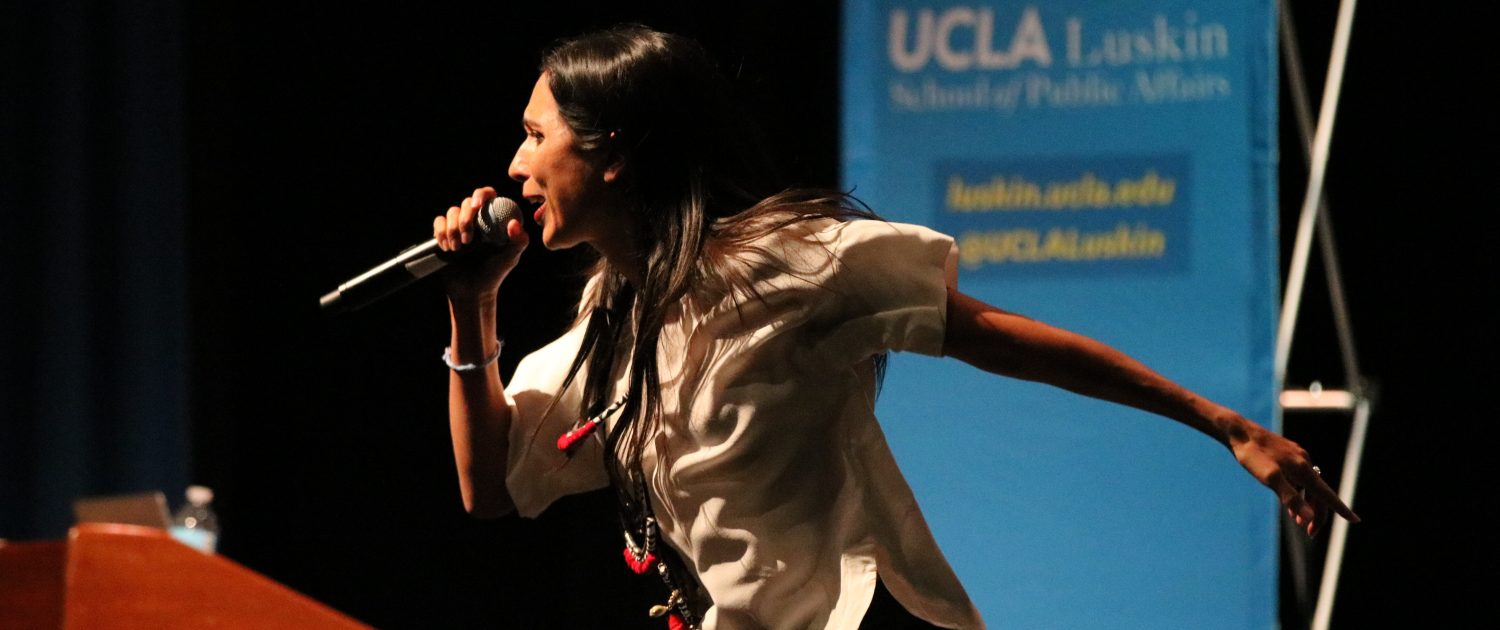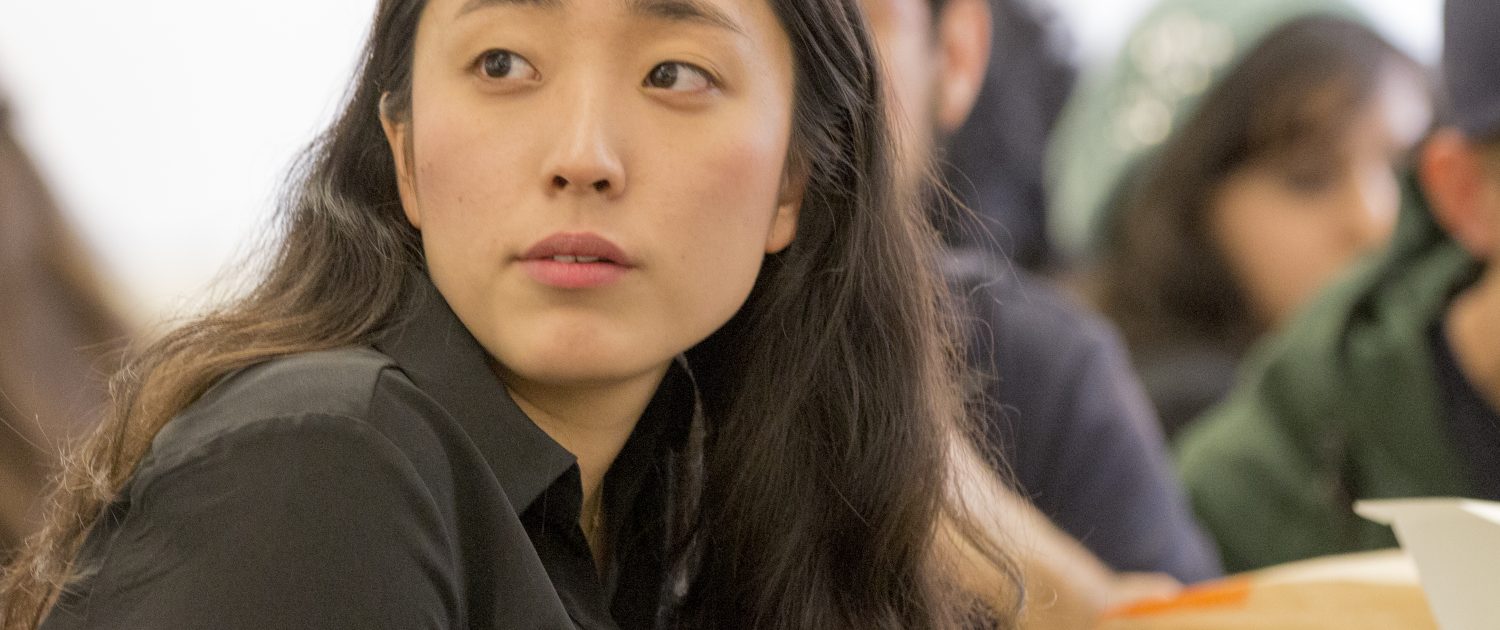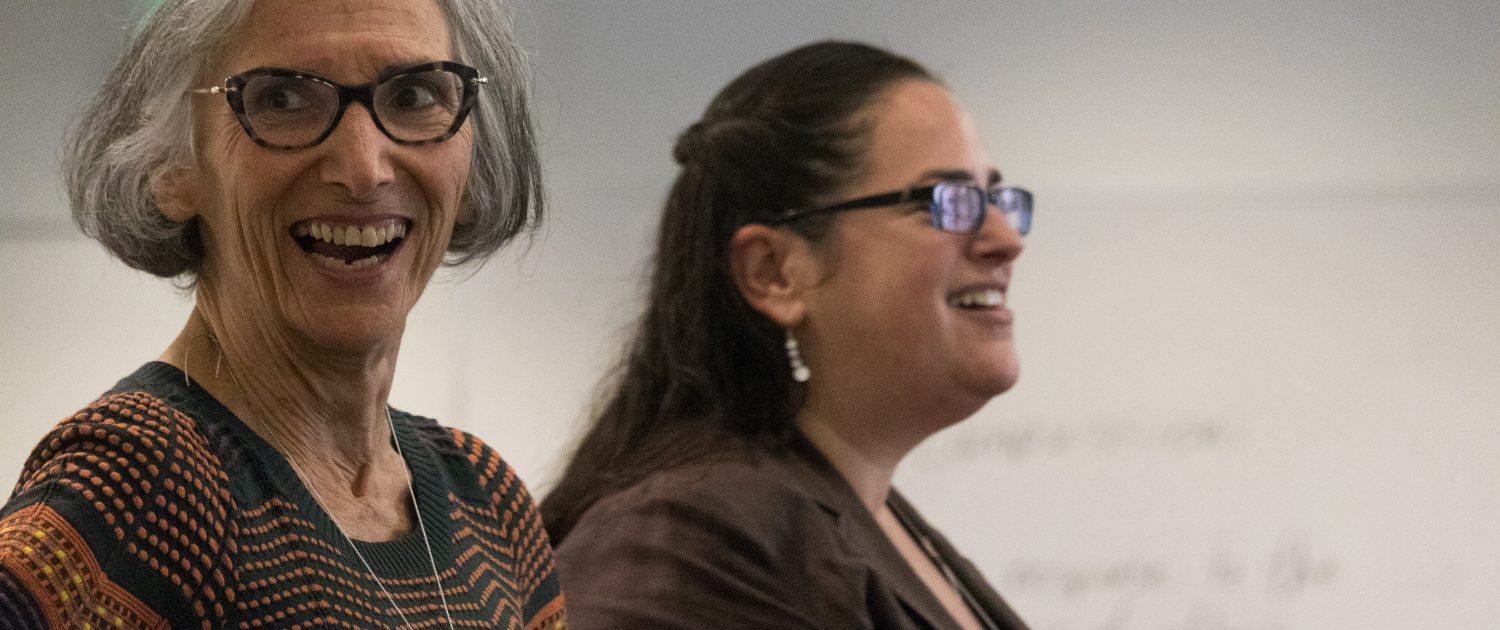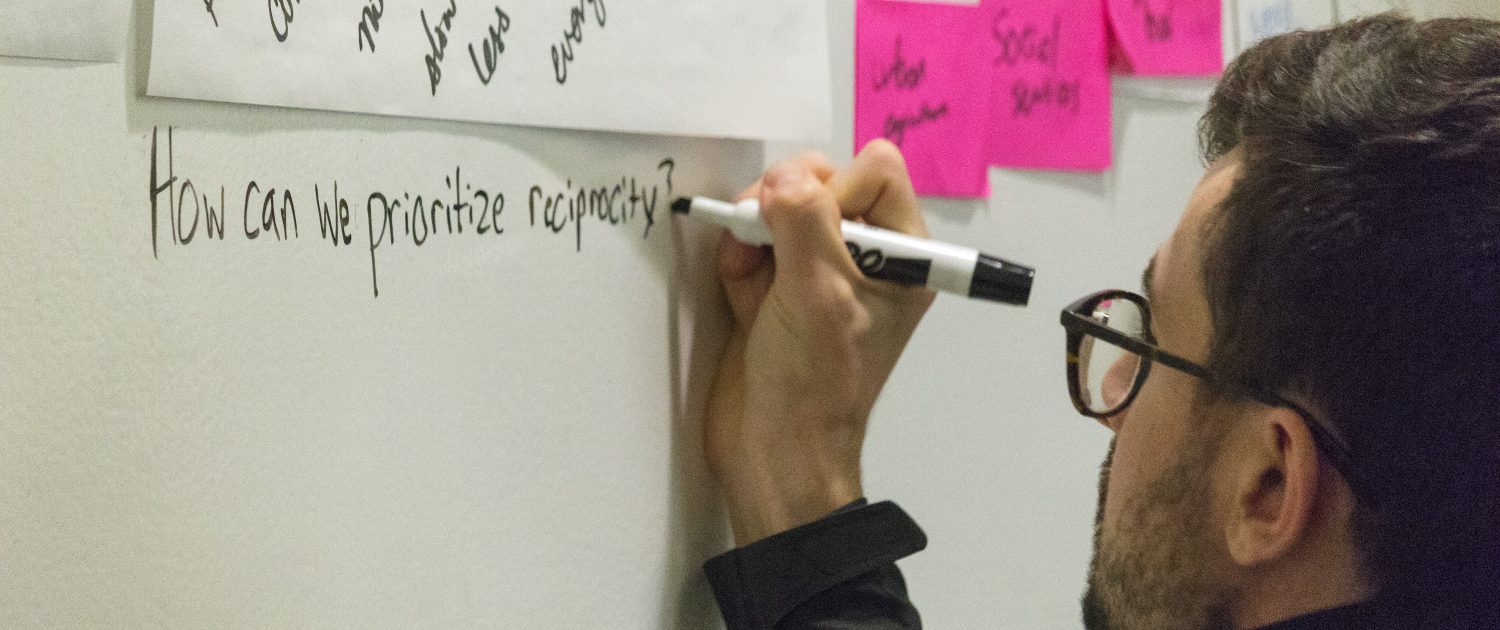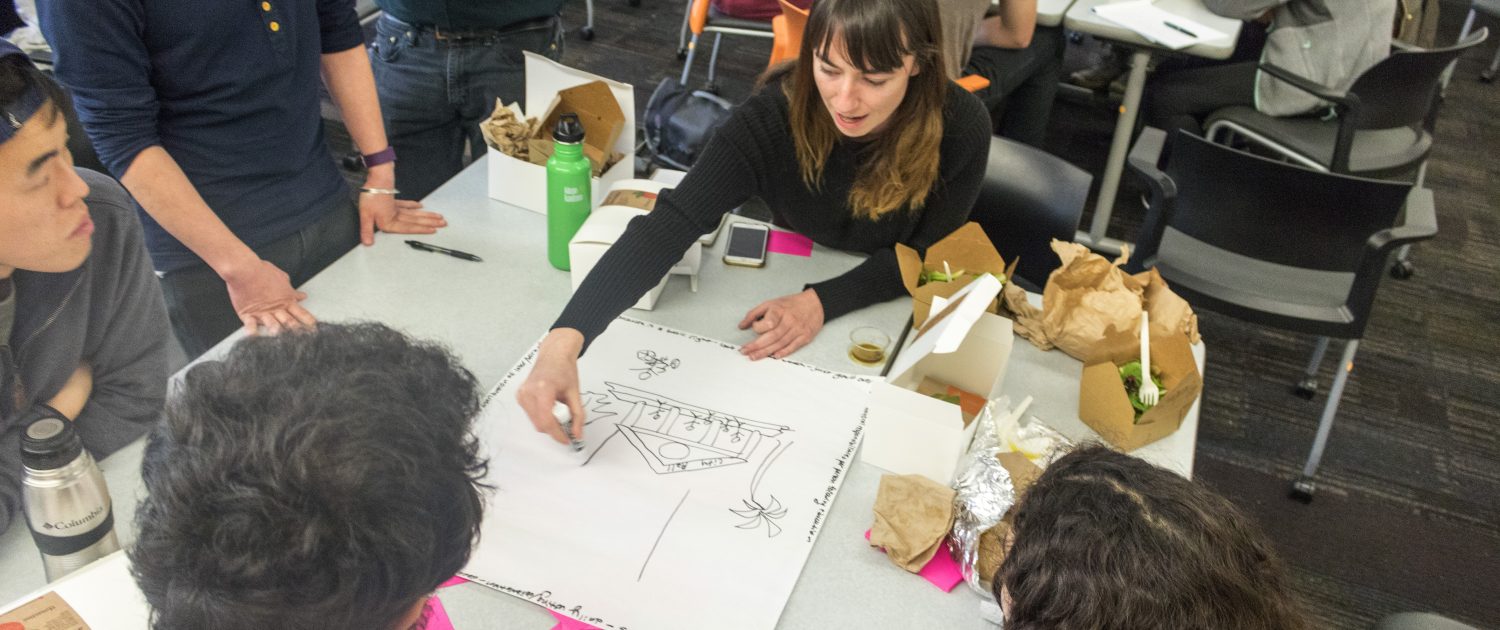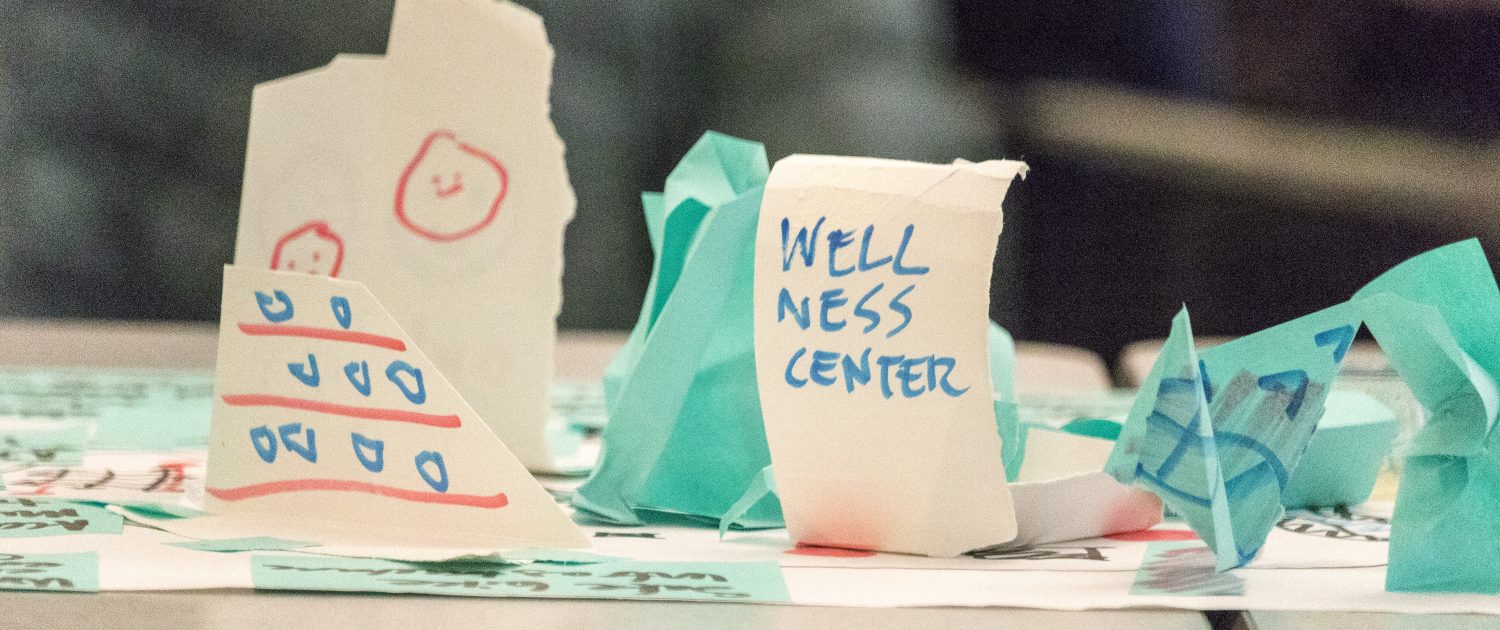Deportation, Loss of Health Care Raise Profound Concerns in New UCLA Luskin Survey Second annual Los Angeles County Quality of Life Index shows how some of the Trump administration’s policies have caused serious concerns for many county residents
By George Foulsham
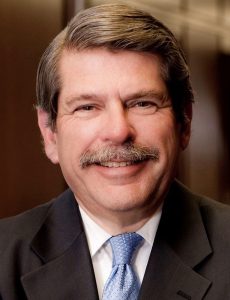
Zev Yaroslavsky
More than one-third of Los Angeles County residents are worried that they, a family member or a friend will be deported from the United States, and nearly half of county residents believe that repealing and replacing the Affordable Care Act with a new federal health law would make their access to health care worse.
These two major findings highlight the 2017 UCLA Luskin Los Angeles County Quality of Life Index, a project of the Los Angeles Initiative at the UCLA Luskin School of Public Affairs in partnership with the California Endowment. The annual survey, which is in its second year, is based on interviews conducted with about 1,600 county residents from Feb. 28 to March 12, 2017.
The index is an annual survey of Los Angeles county residents that asks them questions to rate their quality of life in nine different categories. In addition to the categorized questions, the survey also asks specific standalone questions that relate to their quality of life. The survey has a margin of error of plus or minus 2.6 percent.
In one noteworthy finding, 37 percent of county residents are worried about deportation from
the U.S., and more than half of them are very worried. Of respondents who expressed
deportation worries, an overwhelming 80 percent said that they, a friend or a family member
would be at greater risk of being deported by enrolling in a government health, education or
housing program. More than half of them are very worried.
“The level of anxiety over deportation among county residents is staggering,” said Zev Yaroslavsky, director of the Los Angeles Initiative. “The national debate on immigration in
recent months has heavily impacted Los Angeles. The extraordinary number of people who now
fear engaging local government for services should be of concern to all of us.”
Those observations are reflected in follow-up interviews conducted by the Luskin School. A man
in his early 30s who lives in the San Fernando Valley and is half-Latino said he worried for his
girlfriend’s family, most of whom are in the country legally but one of whom is not. “I wouldn’t
even call the police,” he said.
These concerns are not limited to minority groups. Another respondent, a white woman in her
late 50s who lives in the South Bay, said she’s concerned about neighbors and others being
deported. “I hear from a lot of people who are afraid,” she said.
Significant findings on deportation worries include:
- Younger residents are more worried about deportation (50 percent between the ages of
18-39, compared to 25 percent of those over 50). - Latinos, who make up 43 percent of the survey sample, are the most concerned about
deportation (56 percent) and nearly one-third of Asian residents are worried (31
percent). - Lower-income residents are more likely to be worried (49 percent of those earning less
than $30,000 annually, compared to 30 percent of those earning over $120,000
annually). - Residents born in another country (52 percent) are more worried, compared to U.S.-
born (30 percent). Twenty-nine percent of the survey sample are foreign born.
Nearly one-fifth of whites (19 percent) expressed concerns about deportation.
Obamacare Concerns
Nearly half of survey respondents said that repeal of the ACA, also known as Obamacare, would
make their access to quality medical care worse. Forty-eight percent of respondents said
replacing the ACA would worsen their access to care, while 14 percent said the repeal would
improve access. Thirty percent said it would make no difference. The survey was taken before
the Trump administration and Speaker of the House Paul Ryan made the decision to withdraw
legislation that sought to repeal the ACA with the American Health Care Act.
Follow-up interviews bear out these findings. A young African-American man living in the San
Gabriel Valley thinks Obamacare could use some improvement, but “it’s better than what we
had.” He added that he had no confidence in the Trump/Ryan proposal to replace it.
Significant findings on the ACA’s repeal and replacement include:
- Younger residents are more likely to say that changes would negatively impact them (58
percent between the ages of 18-39, compared to 32 percent of those older than 50). - Those with Medi-Cal or an ACA insurance policy are more likely to say changes would
negatively impact them (59 percent). - A significant majority of African-Americans (63 percent) and Latinos (56 percent) say
changes would negatively impact them.
Gentrification
The gentrification of many Los Angeles County communities also is a cause for concern,
according to the survey. Fifty-five percent of those contacted said they have a negative reaction
to the displacement of their neighbors by those who are willing to pay more for housing. Only 19
percent viewed this as positive. And the number went up to 57 percent negative among those
who were asked about community-serving shops and stores being replaced by businesses willing
to pay higher rents.
Sixty-five percent of Latinos and African-Americans viewed gentrification as negative, compared
to 43 percent of whites and 38 percent of Asians. Geographically, 68 percent of residents of
Central Los Angeles viewed gentrification negatively.
The Index
Interestingly, the QLI’s overall satisfaction score of 59 remained the same as last year, though
there were some shifts within various categories. The score remained slightly above the
midpoint of 55 (on a scale of 10-100). Overall satisfaction, according to the QLI, depends a lot on
one’s age. Those in the 18-29 age group had a satisfaction score of 53, at the low end of the scale,
while those who are 75 and older had the highest satisfaction score, 67.
That’s true throughout the survey, with younger residents the least satisfied overall in many
categories, including the cost of housing, educational opportunities and the fairness of the local
economy.
Other highlights from the index:
- Transportation and traffic scores are lower this year, driven in part by the condition of
streets and the length of commutes. - Satisfaction with the cost of living, especially as it relates to housing, also declined from
last year, from 51 to 47. That was true among residents from all income groups. Nearly
half of the respondents (48 percent) said that what they paid for housing was the most
important factor in their rating of the cost of living category. - The scores for education also dropped slightly from 2016, with respondents expressing
lower satisfaction with the overall quality of K-12 public education and the training
children and young adults receive for jobs of the future. - The most positive score in the QLI was in race relations. Overall satisfaction in relations
among different ethnic and racial groups rose to 79, compared to 76 last year.
Asked to rank the overall impact that immigrants are having on this region, the
satisfaction rating was four points higher than last year, at 69. - Satisfaction with neighborhood quality was also high — and unchanged from last year, at
75. Homeowners are more satisfied with their neighborhoods than are renters.
Health care continues to have a relatively high level of satisfaction, though those under
age 39 are less satisfied than those over 50. - Other categories showing slight improvement included the environment, jobs and the
economy.
“Overall, county residents generally feel positive about their quality of life, the communities in
which they live and their relations with one another,” Yaroslavsky said. “However, it is troubling
that younger people, who should have so much to look forward to, often feel most pessimistic,
especially when it comes to the excruciatingly high cost of housing.”
The QLI was prepared in partnership with the public opinion research firm Fairbank, Maslin,
Maullin, Metz & Associates.
Download the 2017 QLI (PDF)
Review the data (PDF)
Summary Narrative (PDF)

